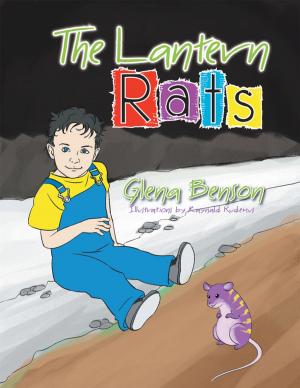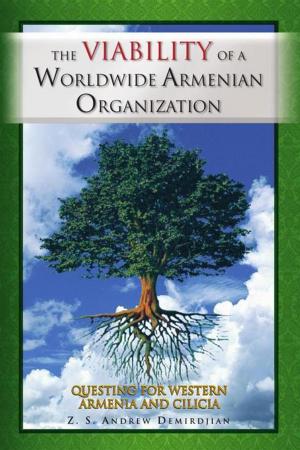The Walton Way, Lessons and Applications for Lifelong Learning
Nonfiction, Reference & Language, Study Aids, Tests| Author: | Natise Vogt | ISBN: | 9781524565275 |
| Publisher: | Xlibris US | Publication: | December 6, 2016 |
| Imprint: | Xlibris US | Language: | English |
| Author: | Natise Vogt |
| ISBN: | 9781524565275 |
| Publisher: | Xlibris US |
| Publication: | December 6, 2016 |
| Imprint: | Xlibris US |
| Language: | English |
Walton teachers and their students not only extend the possibilities of the mind but also those that could serve as a demonstration school for successful implementation of the common core standards. With the schools focus on problem solving and critical thinking through a project-based infrastructure, Walton students are among some of the best prepared students in the district to succeed in mastering the common core standards which will prepare them for continued success in college, work and life (CCSS State of Washington). For example, the second graders have their chicken project. In English/Language Arts (ELA), they are to read three stories and compare/contrast. They use stories about chickens (e.g. The Little Red Hen). They can compare and contrast with those stories. They sell the eggs and use math money skills in making change and counting their money. For students to be successful as they confront the challenges of the twenty-first century, a different skill set will be needed. As it stands now, it would appear that the students at the WRLC (Walton Rural Life Center) may well have a leg up when it comes to acquiring the right skills, utilizing the agriculture-themed approach to learning that has allowed them to become critical thinkers and problem solvers. For example, Walton fourth-grade students were given the problem of watering the schools garden. They worked in groups to design a watering system. They had to measure for PVC pipe, estimate lengths, prices, and then construct the irrigation system. They also worked on area and circumference.
Walton teachers and their students not only extend the possibilities of the mind but also those that could serve as a demonstration school for successful implementation of the common core standards. With the schools focus on problem solving and critical thinking through a project-based infrastructure, Walton students are among some of the best prepared students in the district to succeed in mastering the common core standards which will prepare them for continued success in college, work and life (CCSS State of Washington). For example, the second graders have their chicken project. In English/Language Arts (ELA), they are to read three stories and compare/contrast. They use stories about chickens (e.g. The Little Red Hen). They can compare and contrast with those stories. They sell the eggs and use math money skills in making change and counting their money. For students to be successful as they confront the challenges of the twenty-first century, a different skill set will be needed. As it stands now, it would appear that the students at the WRLC (Walton Rural Life Center) may well have a leg up when it comes to acquiring the right skills, utilizing the agriculture-themed approach to learning that has allowed them to become critical thinkers and problem solvers. For example, Walton fourth-grade students were given the problem of watering the schools garden. They worked in groups to design a watering system. They had to measure for PVC pipe, estimate lengths, prices, and then construct the irrigation system. They also worked on area and circumference.















